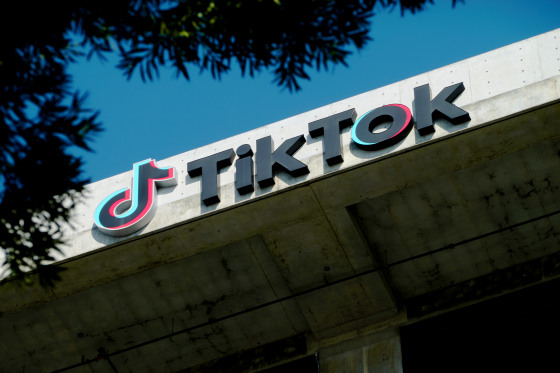
WASHINGTON — TikTok, a video-based social networking app with millions of users in the United States, urged the Supreme Court on Monday to prevent a bill that would ban the service.
In question is a bipartisan bill that was approved by Congress and signed into law by President Joe Biden. If the justices don’t step in, it will take effect on January 19, the day before President-elect Donald Trump takes office.
The Protecting Americans from Foreign Adversary Controlled Applications Act would force ByteDance, the Chinese corporation that owns TikTok, to sell the platform to an American business or risk being banned.
The law has been contested by TikTok, which claims it infringes on the company’s First Amendment rights to free speech.
In the filing, TikTok’s attorneys stated, “The Act will shutter one of America’s most popular speech platforms the day before a presidential inauguration.”
“This, in turn, will silence the speech of Applicants and the many Americans who use the platform to communicate about politics, commerce, arts, and other matters of public concern,” they stated.
By January 6, TikTok requested that the Supreme Court take action.
A final ruling by the justices regarding whether the measure satisfies constitutional requirements would be delayed if the Supreme Court temporarily blocked the legislation. The court may decide to expedite its review of the case, which might result in a final decision in a matter of months.
The statute would take effect as intended if the justices denied TikTok’s application. While the statute is in effect, TikTok may still ask the high court to review it, but the justices will have already indicated that they do not believe the company would win.
Concerns regarding the Chinese government’s influence over the app have led the federal government to defend the law on the grounds of national security.
TikTok, eight individual users, and the conservative TikTok group Based Politics Inc. all filed separate lawsuits against the rule, claiming it infringes on their right to free speech.
The law was affirmed by the U.S. Court of Appeals for the District of Columbia Circuit, even though it was determined to violate the First Amendment and required further examination.
The three-judge panel determined that the statute served a compelling government purpose and was appropriately narrowly crafted to promote that interest by using court precedent.
The government’s national security arguments, such as worries that the Chinese government would obtain user data on Americans and perhaps alter app content, were upheld by the appeals court.
Since its 2018 premiere in the United States, TikTok has grown in popularity, and it currently has 170 million American users.
Users receive a stream of short-form video content via its algorithm, which adapts to their interests.
From the start, there were national security worries, and at one time, then-President Donald Trump tried to outlaw it. After the election, Trump has apparently changed his mind, claiming that he could “save TikTok.”
When questioned about the law on Monday, Trump claimed to have a “warm spot” in his heart for TikTok.
Civil rights organizations who have entered the court battle on the basis of free speech support the corporation.
Note: Every piece of content is rigorously reviewed by our team of experienced writers and editors to ensure its accuracy. Our writers use credible sources and adhere to strict fact-checking protocols to verify all claims and data before publication. If an error is identified, we promptly correct it and strive for transparency in all updates, feel free to reach out to us via email. We appreciate your trust and support!
